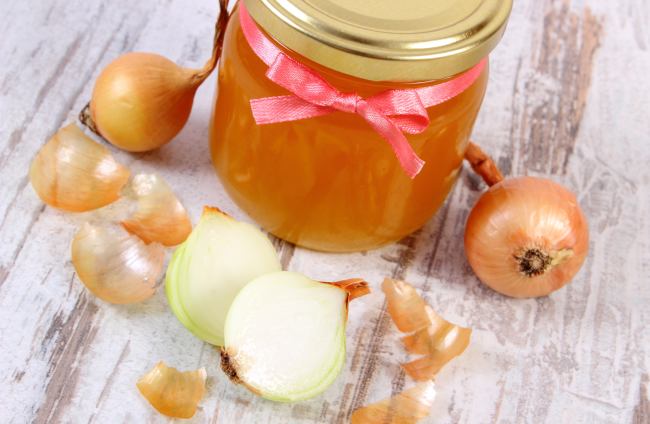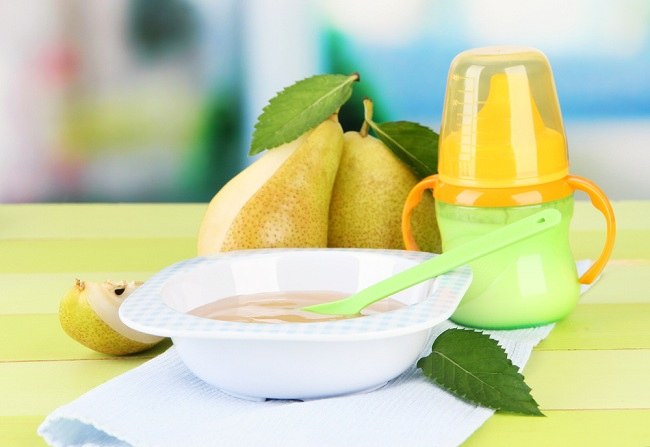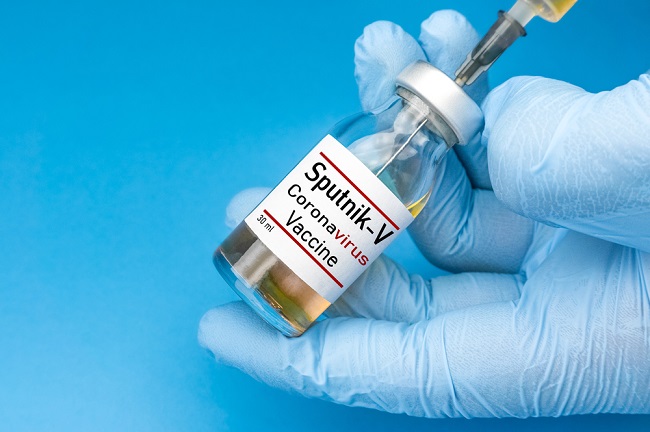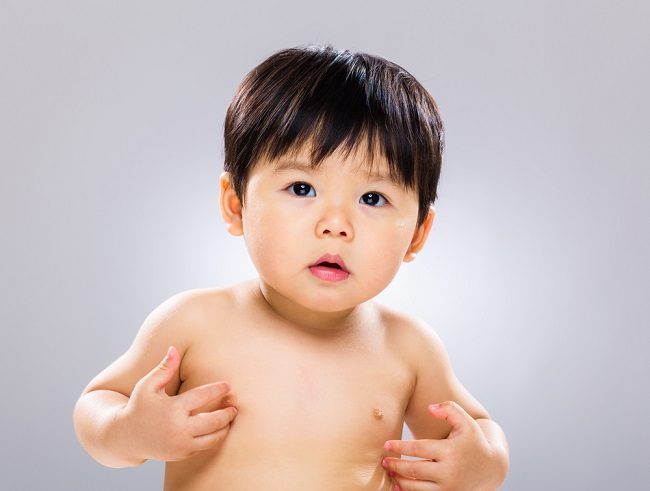Eczema can happen to anyone, including babies. Eczema in babies can cause the skin to itch, so the baby becomes fussy. Handling eczema in infants needs to be done properly so as not to cause infection or other problems on the baby's skin which is still very sensitive.
Symptoms of eczema in infants usually first appear at the age of 3-6 months. However, in some cases, eczema can only appear at the age of 2 years. Babies are more at risk of developing eczema if their parents have eczema.

In addition to itching, eczema can cause other symptoms in the form of red rashes on the skin, as well as dry and cracked skin. Skin that has eczema can also sometimes hurt and bleed, due to scratching too hard.
In infants, eczema more often appears in areas of skin folds, such as the folds of the elbows, folds of the knees, and neck. However, eczema can also spread to other areas of the body, including the face.
Here's the Right Steps for Handling Eczema in Babies
Eczema can disappear as the baby gets older, but it can come back from time to time. To reduce itching and other symptoms experienced by your little one due to eczema, you can take the following steps:
1. Take a bath with warm water
To reduce itching on the skin, Mother can bathe the Little One with warm water with a temperature of around 36-37 degrees Celsius. Just bathe your little one for 10-15 minutes. Try not to bathe your little one for too long because it can dry out his skin even more.
When bathing your little one, use a special baby soap that is soft, and does not contain fragrances and dyes, to prevent irritation of the skin. After bathing, immediately dry the little one's body with a soft and clean towel.
In addition, you can also try bathing your little one with breast milk to prevent and relieve eczema symptoms.
2. Use a moisturizer
After bathing your little one, you can apply a moisturizer, such as petroleum jelly, so that the skin is not dry. Choose a moisturizer that is specially formulated for baby's skin and contains natural ingredients.
After bathing and using a moisturizer, choose clothes made of cotton that are soft and can absorb sweat.
3. Avoid eczema trigger factors
The use of soaps and skin care products that are not suitable, excessive sweating, or allergic reactions can trigger the appearance of eczema in babies. Therefore, mothers need to recognize what are the triggering factors for eczema in their little ones and avoid them. You can also ask your doctor for advice about which moisturizer and soap to use.
So that the eczema does not get worse, keep your little one from overheating and sweating often. To keep your little one's skin from drying out, you can use an air humidifier or humidifier in the room, especially in an air-conditioned room.
If you have difficulty determining what factors trigger eczema symptoms in your little one, check with your doctor so that the originator can be identified with certainty.
4. Keep the eczema from being scratched
The itching caused by eczema will certainly make your little one want to scratch it. However, this needs to be avoided because it can irritate the skin, hurt, and even become infected.
So, make sure you trim your little one's nails regularly so that the skin doesn't hurt when scratched. If necessary, you can put your little one with gloves to prevent him from scratching the itchy skin due to eczema.
If eczema has not improved or is getting worse, you should immediately consult a doctor, especially if the area of the skin affected by eczema looks swollen and festering, or if eczema causes your little one to have a fever.
After conducting an examination and confirming the trigger for eczema in the baby, the doctor will usually give antihistamines to relieve itching, corticosteroids to reduce inflammation of the skin, or antibiotics if there is an infection in the skin.
You need to remember, eczema is a recurring disease, and the severity of symptoms and the frequency of eczema recurrence in each child can be different, so the treatment can also be different.
Therefore, make sure you take your little one to the doctor to get the right eczema treatment, especially if the eczema often recurs or the symptoms get worse.









